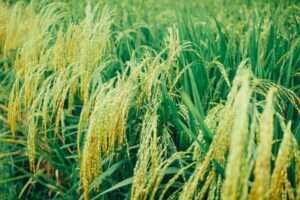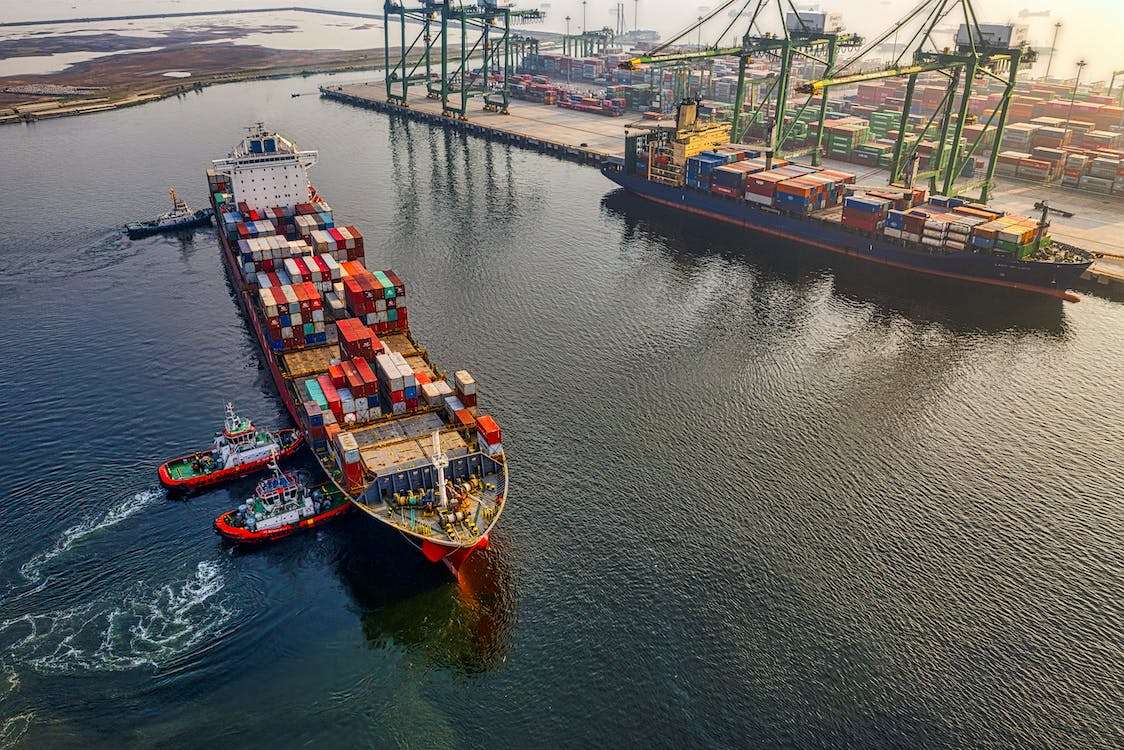|
Getting your Trinity Audio player ready...
|
Pakistan Rice exports-In a significant turn of events, Pakistani rice, especially the Basmati variety, is gaining favor in international markets over its Indian counterpart. Renowned globally for its exceptional aromatic qualities and long grains, Pakistani Basmati rice stands as a culinary gem. This premium variety, cultivated in the fertile plains of Pakistan, boasts a distinct fragrance and a delicate, fluffy texture when cooked. Its elongated grains, coupled with a unique nutty flavor, make it a preferred choice for gourmet dishes and a staple in diverse cuisines worldwide.
The natural environment of the Himalayan foothills imparts a unique terroir to Pakistani Basmati, setting it apart from its counterparts. With a rich cultural heritage and stringent quality standards, Pakistan’s Basmati rice remains an epitome of culinary excellence. The Rice Exporters Association of Pakistan (REAP) disclosed this shift during a media briefing at the National Press Club in Islamabad.
Quality Takes the Lead
Previously, some Pakistani products, including rice, were reportedly exported under Indian branding from Dubai. However, according to REAP, quality concerns surrounding Indian rice, particularly in Europe, have altered this trend. Chela Ram Kewlani, the current Chairman of REAP, stated,
“Now they (Indian exporters) are trying to sell rice as Pakistani brands or variants like Basmati, as Pakistani rice varieties are preferred in the international market for being pest-free and of good quality.”
Record-Breaking Pakistan rice Exports?
With a bumper rice crop this year, REAP is optimistic about surpassing the record $3 billion in Pakistan rice exports. Despite being a major export item, the rice sector currently lacks government subsidies or support.
Why the Shift to Pakistan?
The ban on rice exports imposed by the Indian government is a significant factor. Due to concerns about food inflation, India restricted all rice exports except aromatic and high-end Basmati rice. With a 40% market share in rice exports, this ban presents a substantial opportunity for Pakistan.
During the rice harvest and the Indian export ban, Toaufiq Ahmed, former vice president of REAP, noted a 20% surge in prices for Pakistani non-basmati rice. As Pakistan’s fresh crop nears harvest, growers are increasing prices due to global uncertainties, potentially leading to higher export earnings.
Balancing Act: Food Security vs. Exports
However, the surge in exports poses a dilemma for Pakistan. While the industry seeks increased export facilitation for higher profits, consumers desire affordable rice. The article discusses the ongoing debate between the need for export-driven revenue and ensuring domestic food security.
Exporters’ Perspective
REAP Chairman Kewlani emphasizes the need for value addition in the rice industry to generate more revenue. Despite contributing to the Export Development Fund, the rice sector lacks industrial status and government priority. Floods impacted Pakistan rice exports last year, but with improved production, this year signals positive prospects.
Inflation Concerns
While exporters celebrate profitability, the government faces concerns about rising food inflation. November 2023 recorded a staggering 29.23% annual food inflation. Rice prices, specifically, soared by 58.32% in urban areas and over 60% in rural areas. As REAP aims to break export records, a potential rice shortage could exacerbate food inflation, raising questions about the government’s role in balancing exports and domestic needs.
Global Precedents
As the government grapples with inflation concerns, global precedents, particularly from major rice exporters like Thailand and Vietnam, underscore the importance of prioritizing domestic needs. The ongoing Russia-Ukraine war’s impact on global food inflation adds an additional layer of complexity. As Pakistan treads the path of enhanced exports, policymakers must meticulously balance economic growth with the imperative of ensuring affordable rice for local consumers. The article posits that a nuanced policy approach is indispensable to steer through the immediate gains of increased exports and the potential pitfalls of inflation, ultimately shaping a sustainable and resilient rice industry for Pakistan.
In conclusion, the surge in Pakistan rice exports presents both opportunities and challenges for Pakistan. While it opens avenues for economic growth, the government must carefully navigate the delicate balance between export-led revenue and ensuring domestic food security. The immediate gains from increased exports must be weighed against potential inflationary pressures, emphasizing the need for a nuanced approach by policymakers.

